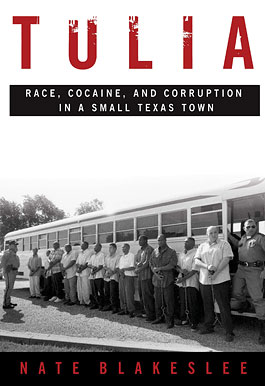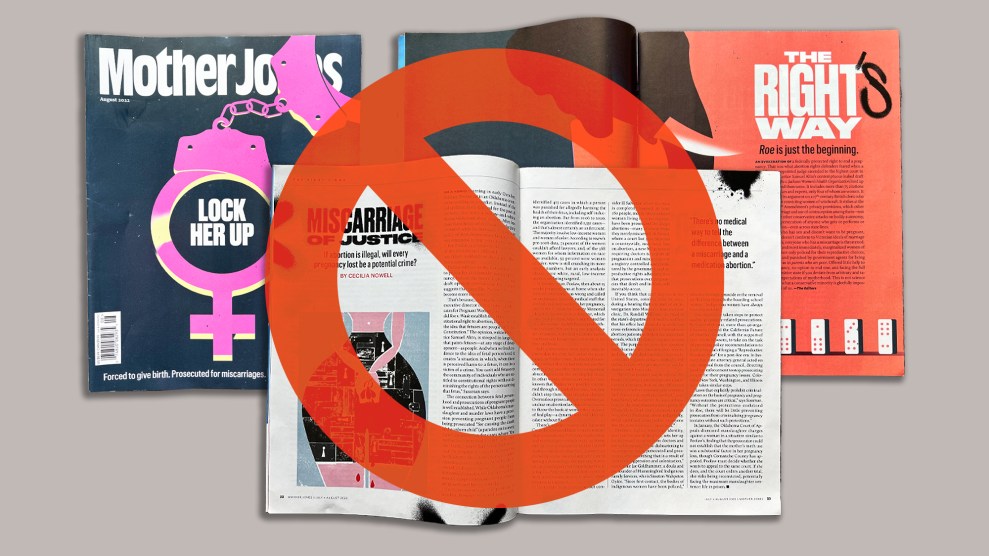
Investigative journalist Nate Blakeslee’s tale of an infamously crooked cocaine sting has plenty of villains. The most prominent is Tom Coleman, the rogue police officer whose uncorroborated testimony led to the arrest of 46 people in Tulia, Texas, in 1999—most of them black and most of them innocent. Also sharing the blame in Tulia are unscrupulous county officials, a hanging judge, and gullible white juries infected by small-town racism and swayed by the overheated rhetoric of the war on drugs.
Working undercover, without witnesses or a wire, Coleman, by his own account, made more than 120 purchases of powder cocaine—odd in itself, considering that crack was the drug of choice in Tulia’s less-than-prosperous black community. His bust led to 38 drug-dealing convictions in a town with a population of only 5,000. Most resulted in long prison sentences—up to 434 years—before the tide turned. Blakeslee, an editor at the Texas Observer, broke the story of Coleman’s checkered past, including an arrest for theft and allegations of dishonesty, paranoia, and domestic violence. But in Tulia he also credits the phalanx of appellate attorneys who rode to the rescue, eventually winning the release of most of the defendants and a substantial civil settlement as well.
Blakeslee’s prose is crystalline, but there are so many characters in Tulia—scoundrels, victims, and heroes—that sometimes it’s hard to keep the story straight. The flashback-heavy narrative, at once intimate and panoramic, can be a slog. In the end, though, Blakeslee’s portrait of Tulia—a place where white and black live side by side but separately and warily—is indelible.






